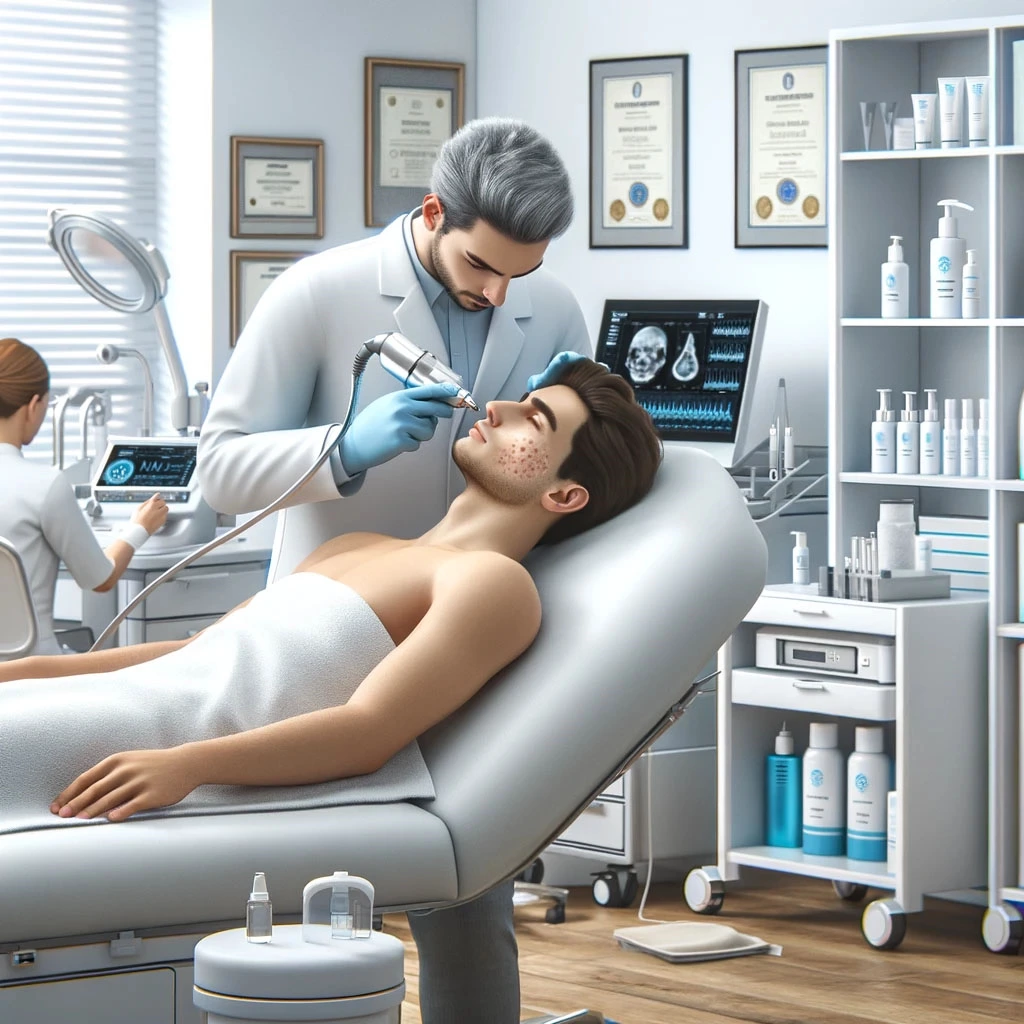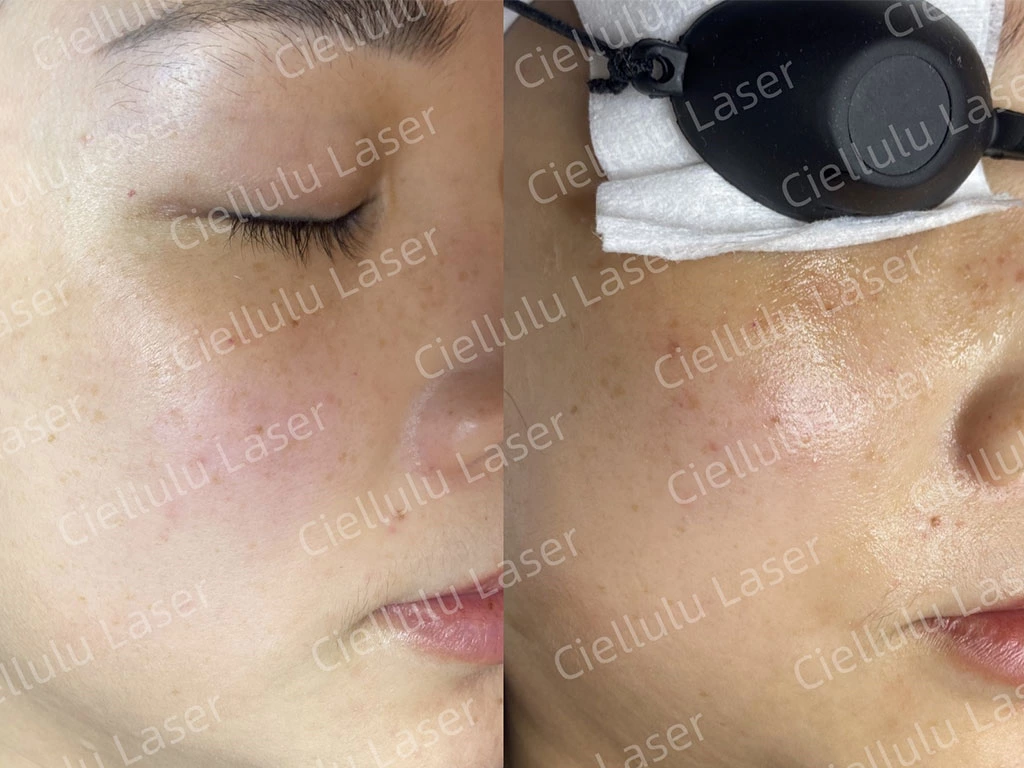
Acne is a common skin condition that affects millions of people worldwide. It can cause various symptoms, including pimples, blackheads, and deep cysts. Depending on its severity, acne can also lead to emotional distress and skin scars. This article explores the causes of acne, reviews different types of acne treatments, and provides tips for managing and preventing acne breakouts.
Acne primarily affects skin with a high number of oil glands, including the face, back, and chest. It occurs when hair follicles become plugged with oil and dead skin cells, which can lead to inflammation. Several factors contribute to the development of acne:
Understanding these factors can help in managing the condition more effectively.
Over-the-counter (OTC) treatments are the first line of defense against mild to moderate acne. These include:
For more severe cases, a dermatologist may prescribe:
Professional treatments may be recommended if acne is severe or doesn't respond to other treatments:
In addition to medical treatments, certain lifestyle changes can help manage acne:
It’s advisable to consult a dermatologist if:
Acne can be a persistent issue that varies greatly in severity, but a range of treatments and lifestyle adjustments can significantly reduce its impact. Understanding the causes of acne and the options available can empower those affected to start a journey toward clearer skin. With the right treatment plan, most people can expect a significant improvement in their skin condition.

The Basics of Acne: Causes and Triggers Acne is a common skin condition that affects millions of people worldwide, transcending age, gender, and ethnicity. Understanding its causes and triggers can he

### Pre-Treatment Preparation and Care for Laser Acne Removal Laser acne removal is a popular and effective method for reducing and eliminating acne. To maximize the benefits and ensure a smooth proce

Acne is a common skin condition that affects millions of people worldwide, manifesting as pimples, blackheads, and cysts, which can lead to scarring and emotional distress. Fortunately, advancements i